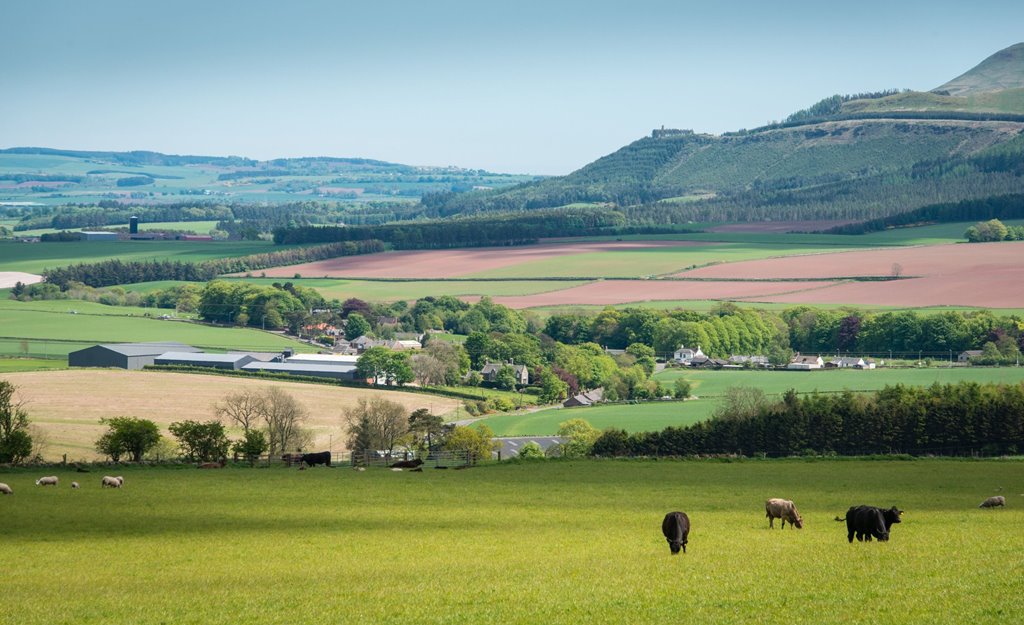
The costs of UK food production are being pushed up by the poor quality environment of UK farmland, according to think tank Green Alliance.
In a new report, the environmental charity says new government policies are needed to increase private sector investment in restoring the environmental health of farmland.
They say that 'unsustainable farming practices' are reducing the efficiency of the UK food sector.
Figures from Cranfield University show that impacts on soils alone create almost £250 million of extra costs each year, mainly through increased fertiliser and tillage costs.
The additional costs of dealing with the consequences of issues like water pollution and biodiversity damage, such as the loss of vital pollinators, mean the true figure will be even higher, the charity says.
Environmental groups have advocated more investment in restoring soils and other natural capital on farmland. They say it will create a healthier natural environment.
Currently, most environmental protection policies are targeted at farmers and land managers, yet over 90 per cent of the money generated by the food sector (nearly £100 billion a year) lies with non-farming food businesses such as supermarkets and food manufacturers.
Barriers
The Green Alliance report shows that government intervention is needed to remove barriers to investment in the countryside.
It identifies two ways the government can help.
Introducing new 'Natural Capital Allowances' would provide tax relief on capital investments in environmental restoration on farmland, as an extension of the existing capital allowance tax relief system for energy and water saving investments.
Broker a 'Sustainable Food Pact', in the same way that sectoral collaborations have worked for the pharmaceuticals and other industries. This would bring together UK food businesses in a pre-competitive collaboration to reduce environmental problems on farmland.
The government would set objectives around the improvements required, as well as the consequences for not delivering them, and support the initiative with expertise and resources.
'More vulnerable and less resilient'
William Andrews Tipper, head of sustainable business at Green Alliance, said: “By running down our natural environment we have actually made our food sector more vulnerable and less resilient.
“Many within the sector recognise it is in their interest to move towards a more sustainable system, but they will need support from government to make it happen.”
David Fursdon, chair of the 2013 Defra-sponsored Future of Farming Review, said: “The challenge for farmers is to manage the short term need to make a profit in what are challenging market conditions with the longer term goal of maintaining their assets in good condition.
“These include healthy soils, clean water and other sensible environmental outcomes. Farmers would love to do more but sometimes cannot afford to do so.”
